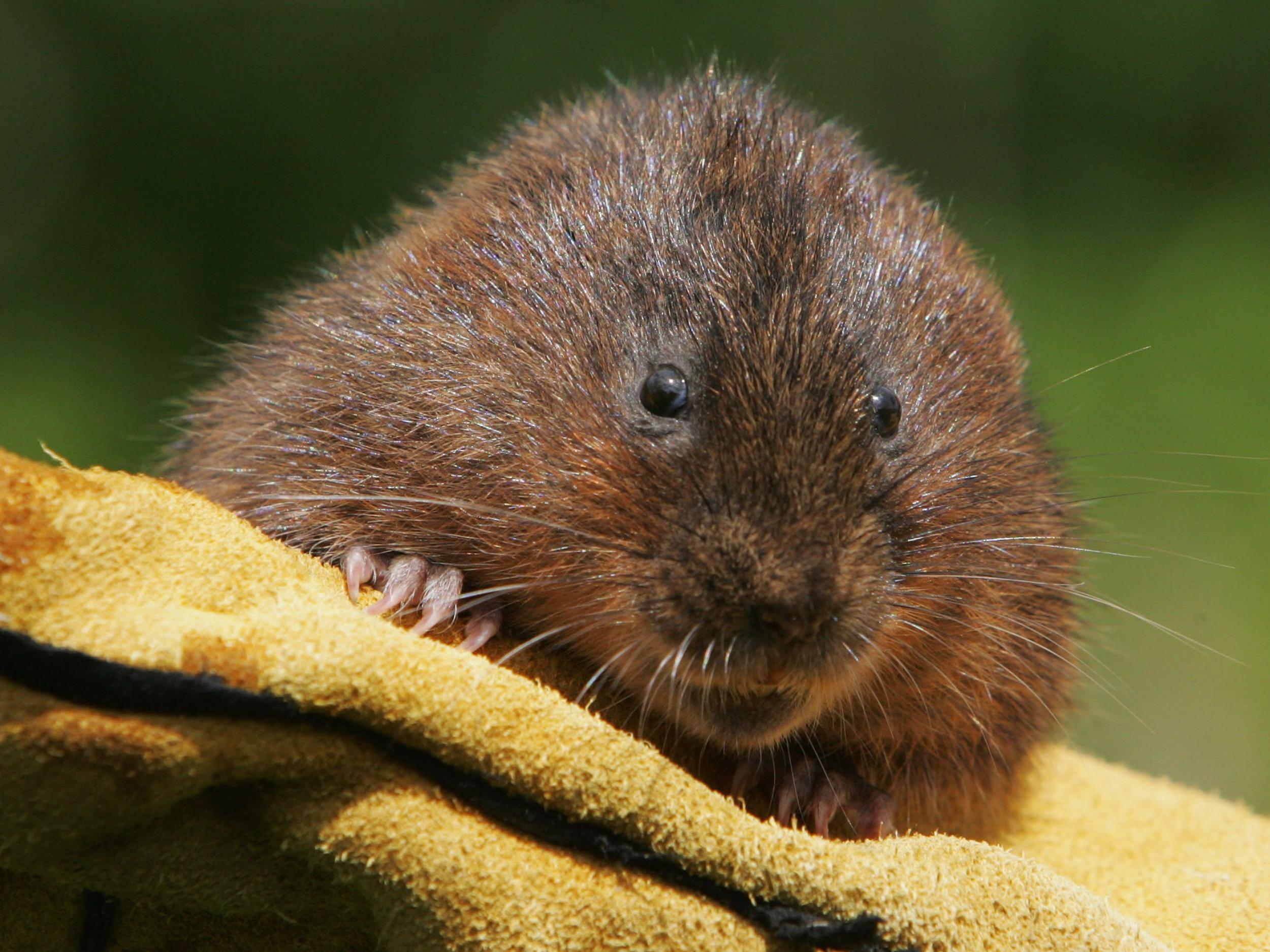Male voles who drink alcohol more likely to cheat on teetotal partners, study shows
Study results ‘have identified biological mechanism that could explain link between discordant drinking and relationship breakdown’

Your support helps us to tell the story
From reproductive rights to climate change to Big Tech, The Independent is on the ground when the story is developing. Whether it's investigating the financials of Elon Musk's pro-Trump PAC or producing our latest documentary, 'The A Word', which shines a light on the American women fighting for reproductive rights, we know how important it is to parse out the facts from the messaging.
At such a critical moment in US history, we need reporters on the ground. Your donation allows us to keep sending journalists to speak to both sides of the story.
The Independent is trusted by Americans across the entire political spectrum. And unlike many other quality news outlets, we choose not to lock Americans out of our reporting and analysis with paywalls. We believe quality journalism should be available to everyone, paid for by those who can afford it.
Your support makes all the difference.It may be a social lubricant, but in some cases alcohol can also lead to people to cheat on their partners – and it seems that this is as true for prairie voles as it is for humans.
Scientists drew the conclusion after a new study looking for a biological reason for the damaging effects of drinking on relationships
“We know that in humans, heavy drinking is associated with increased separation rates in couples, in which one of the partners is a heavy drinker and the other is not,” said Dr Andrey Ryabinin, one of its authors.
The neuroscientist as Oregon Health and Science University added: “Our results in prairie voles have identified a biological mechanism that could explain the link between discordant drinking and relationship breakdown.”
Published in the journal Frontiers in Psychiatry, the study found that when male voles were given alcohol to drink by themselves and their female partners stuck to water, the males tended to be unfaithful.
Given the chance, the inebriated males spent more time huddled up with other females.
When both voles were allowed access to alcohol, however, their relationships remained intact.
Experiments to investigate the effect of drinking on relationships in people would be difficult to perform, but prairie voles make a surprisingly good stand in for humans in two key ways.
Not only do they form monogamous relationships, but they also have a taste for alcohol that isn’t generally found in rodents.
Having established the infidelity of alcohol-drinking males, the scientists went looking for the biological underpinnings of this behaviour, and found changes in a particular brain region of the voles who drank while their partners did not.
The brain region is called the periaqueductal gray, and the researchers suggest it could have a role in the “effects of alcohol on maintenance of pair bonds”.
But Dr Ryabinin said: “We will need to do further work to confirm this for humans. In future studies, we might be able to find strategies to overcome the negative effects of alcohol, to improve relationships that are disrupted by problematic drinking.”
Join our commenting forum
Join thought-provoking conversations, follow other Independent readers and see their replies
Comments